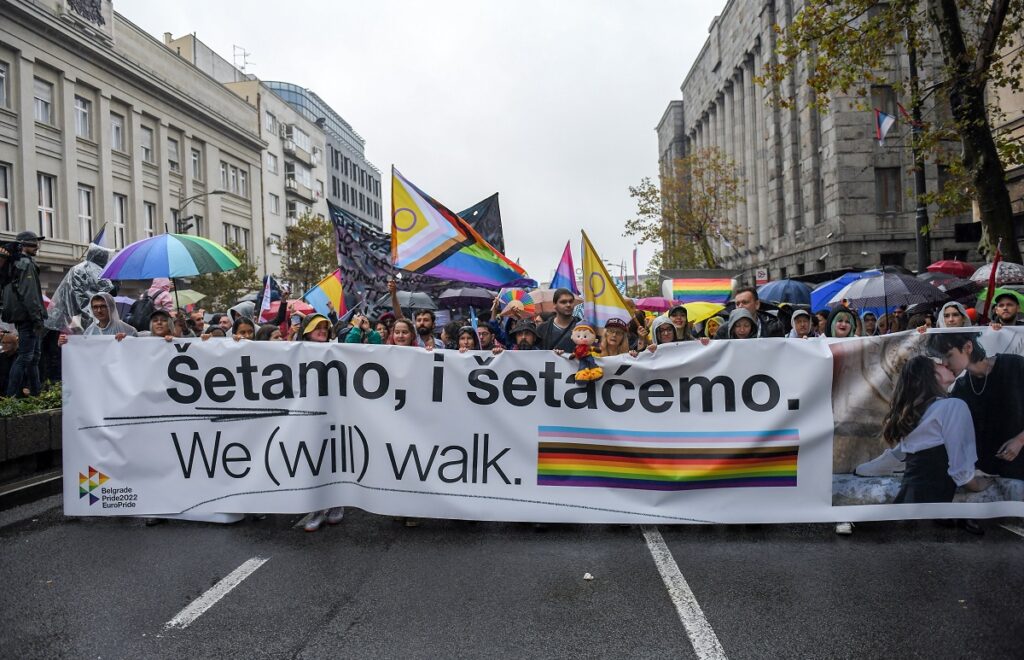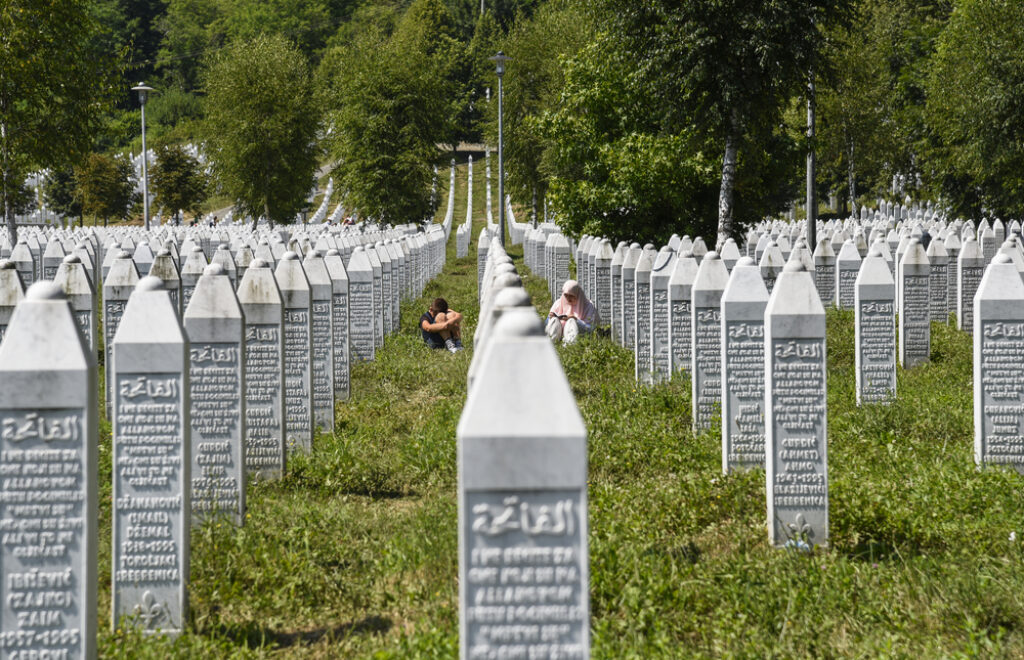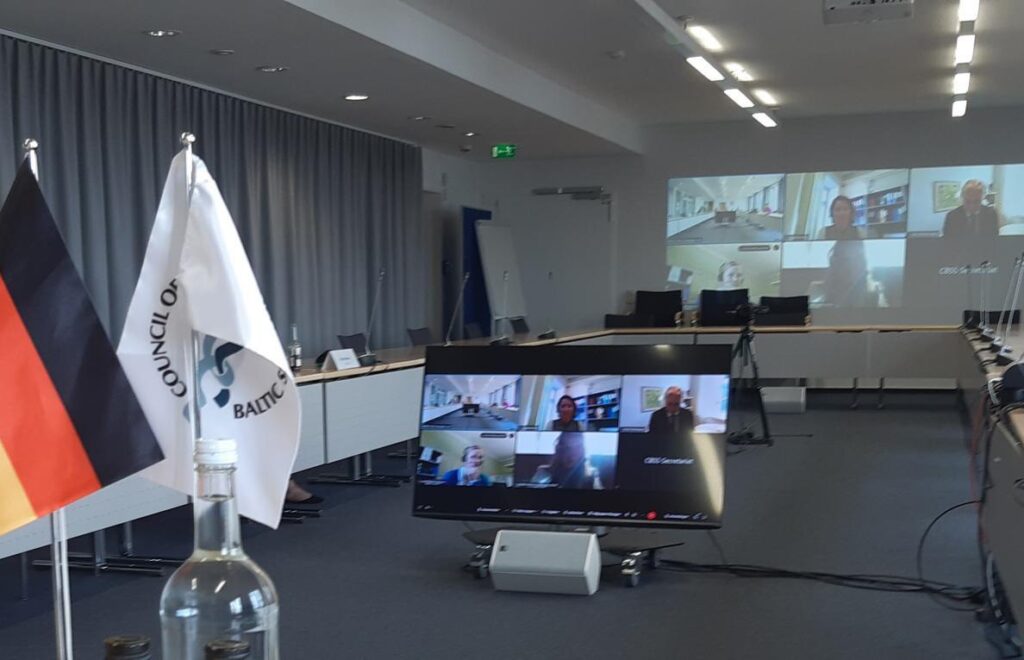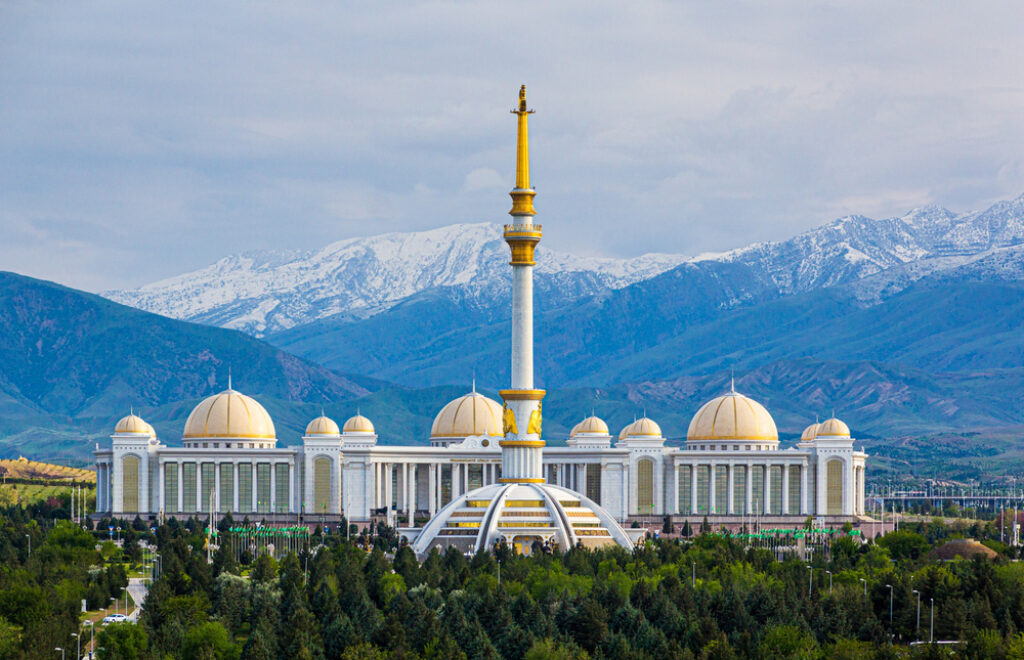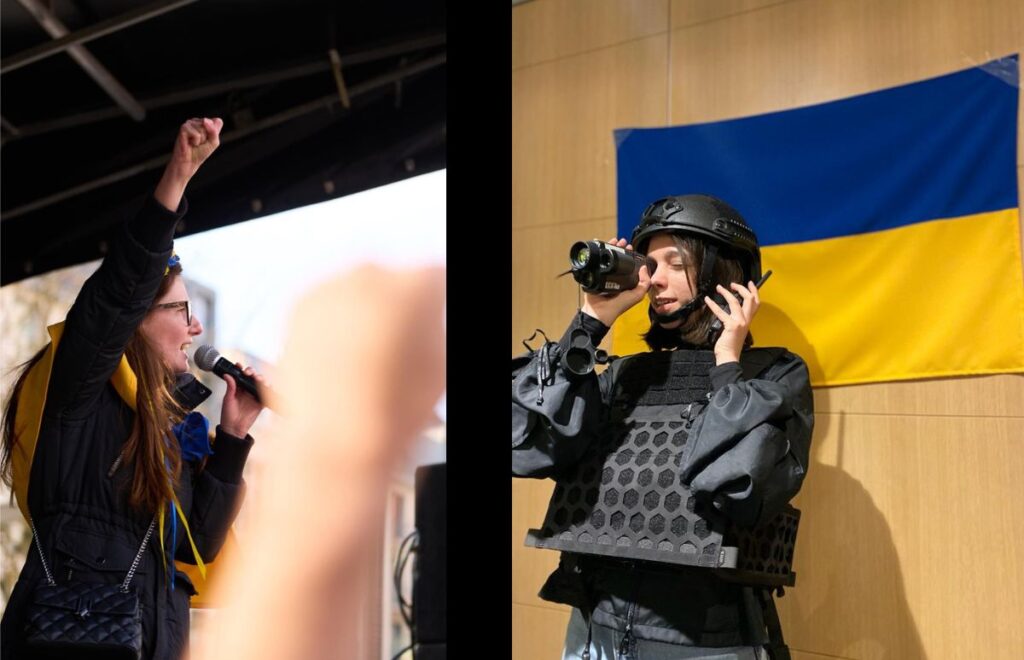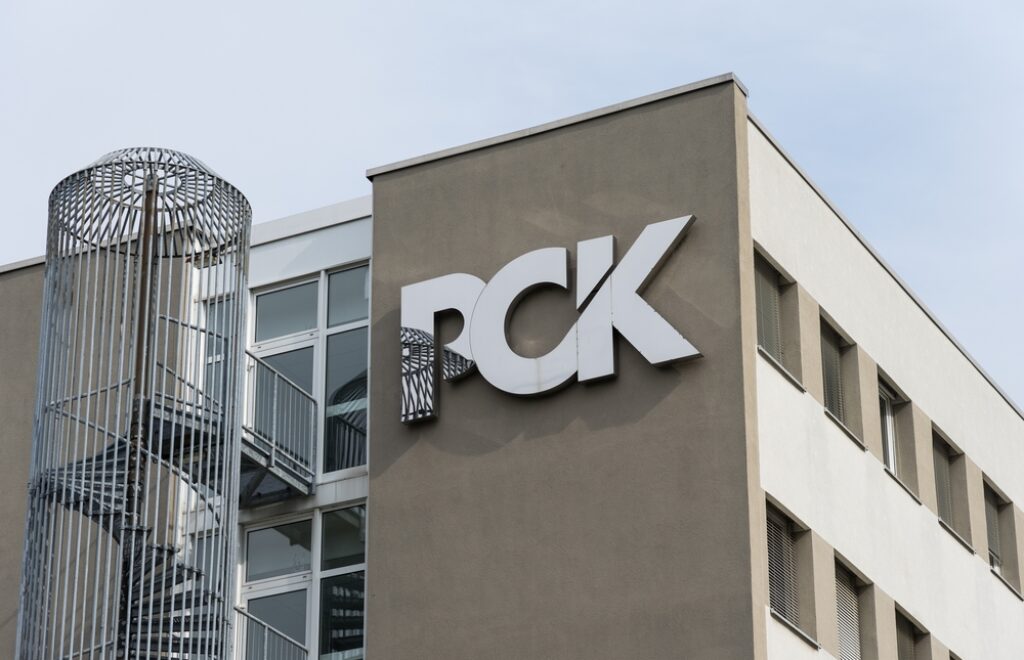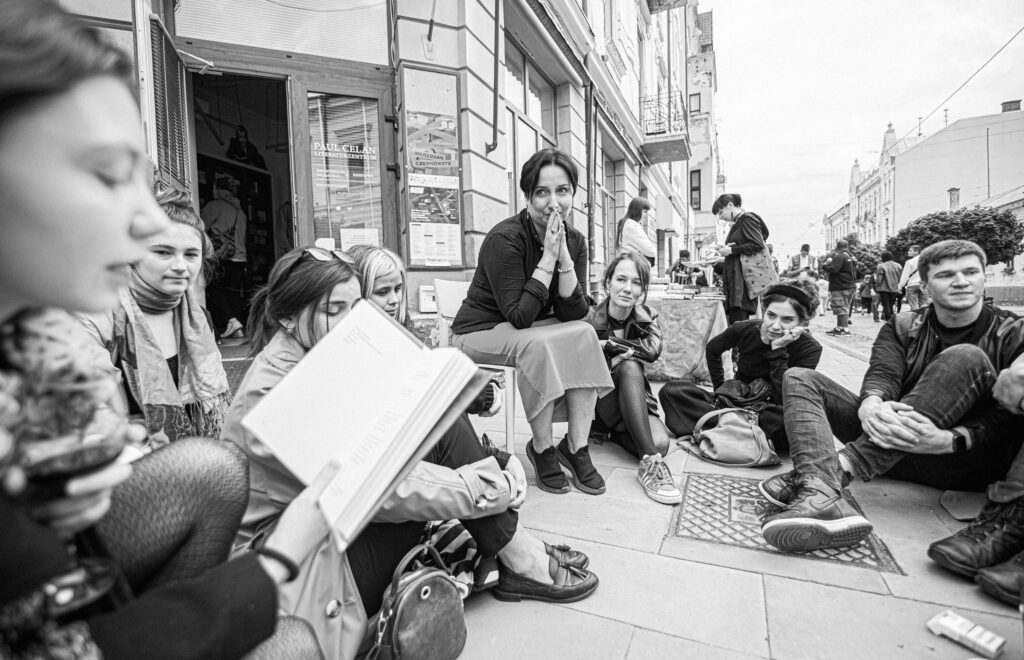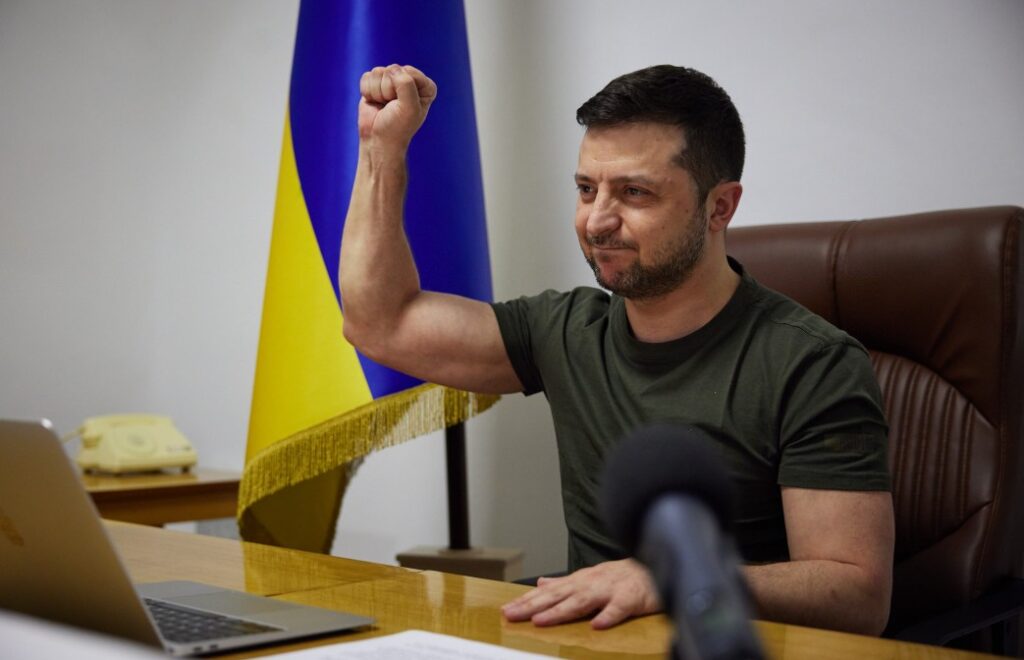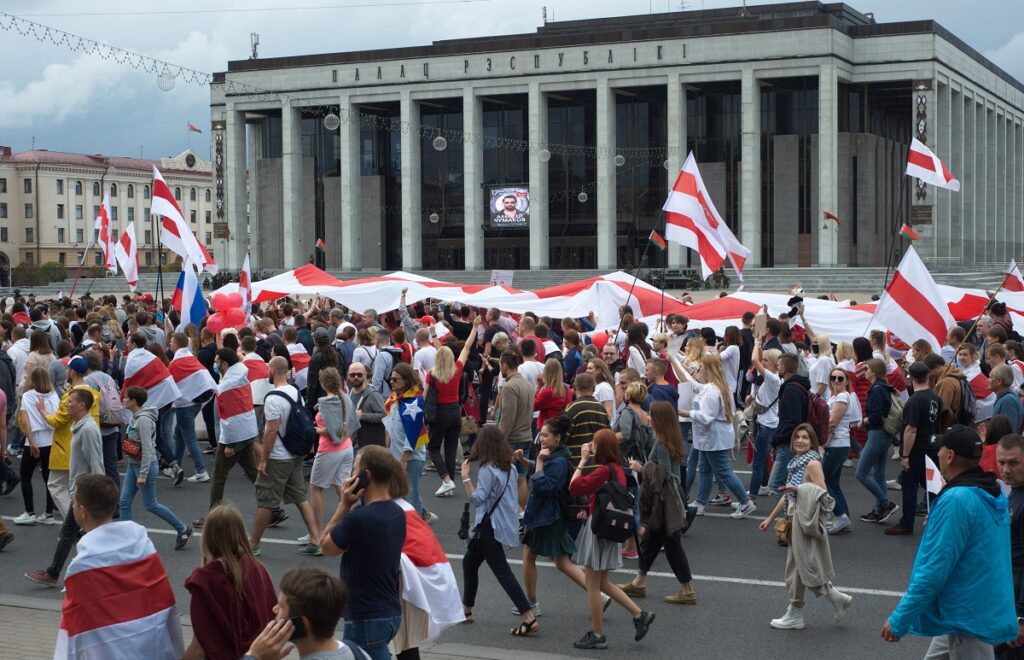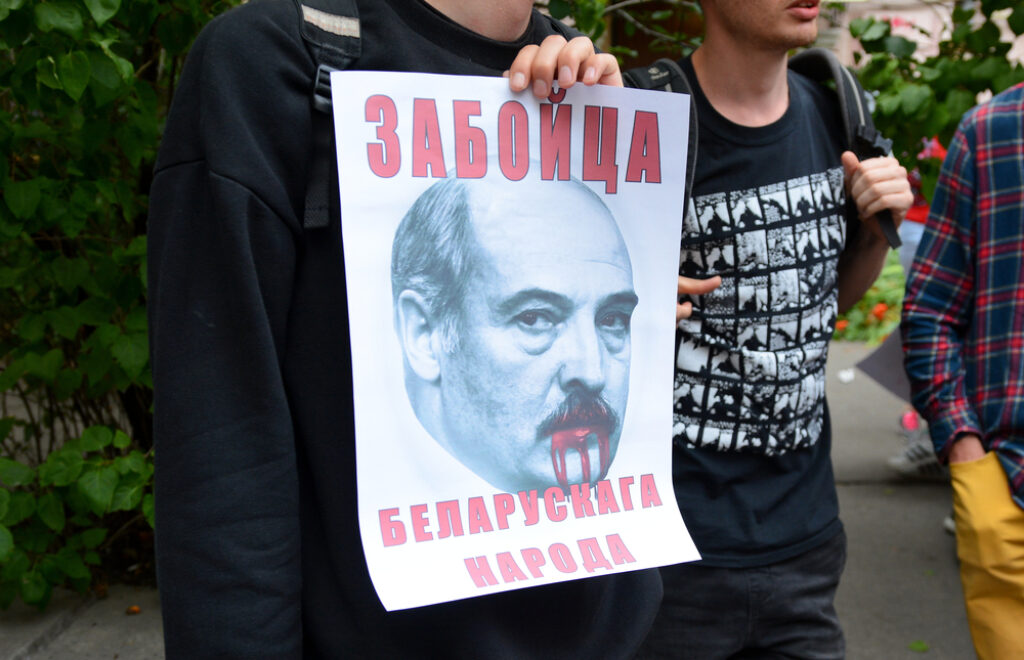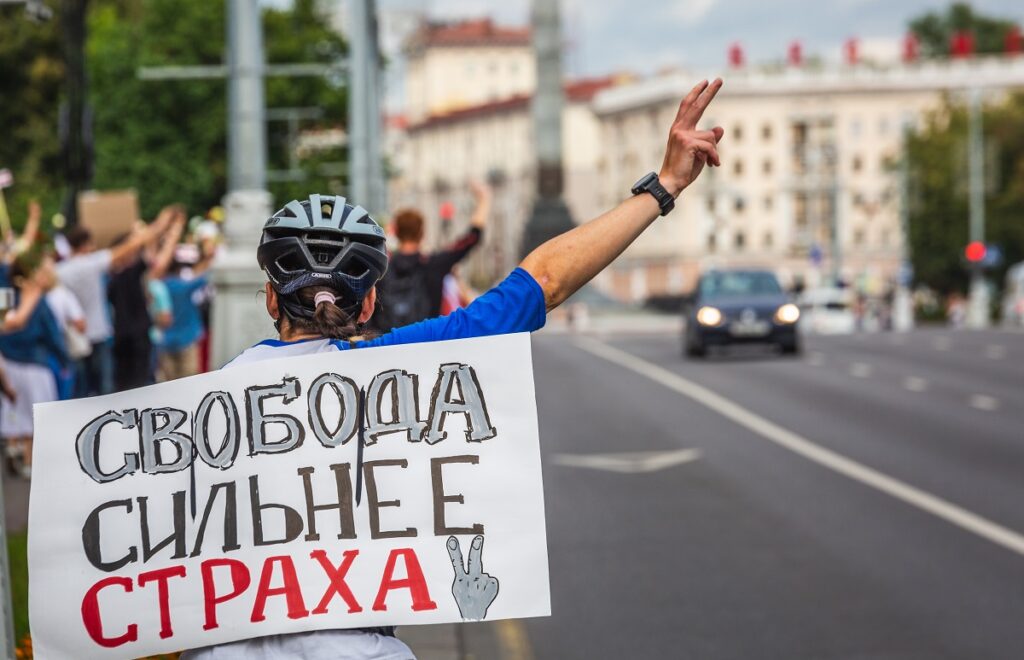The whirlpool of Belgrade’s EuroPride: Russophilia and Russian influence in Serbia
Among all the capitals of South-Eastern Europe, Belgrade received the honour of organising the first EuroPride outside the borders of the European Union. What should have been a peaceful week of equality, liberal values and tolerance in modern societies, turned into a nightmare of violence, incidents and clashes on the streets of Serbia’s capital. The anti-pride protest marches overwhelmed the streets, casting a shadow of imaginary tradition, clericalism and nationalism.
December 7, 2022 - Filip Mirilović


